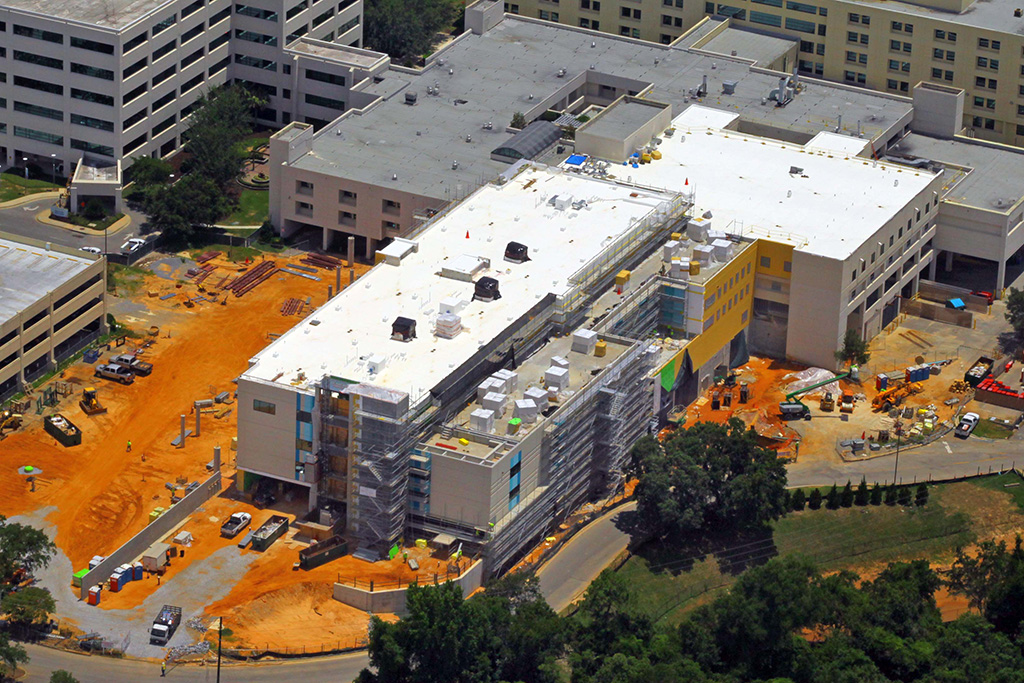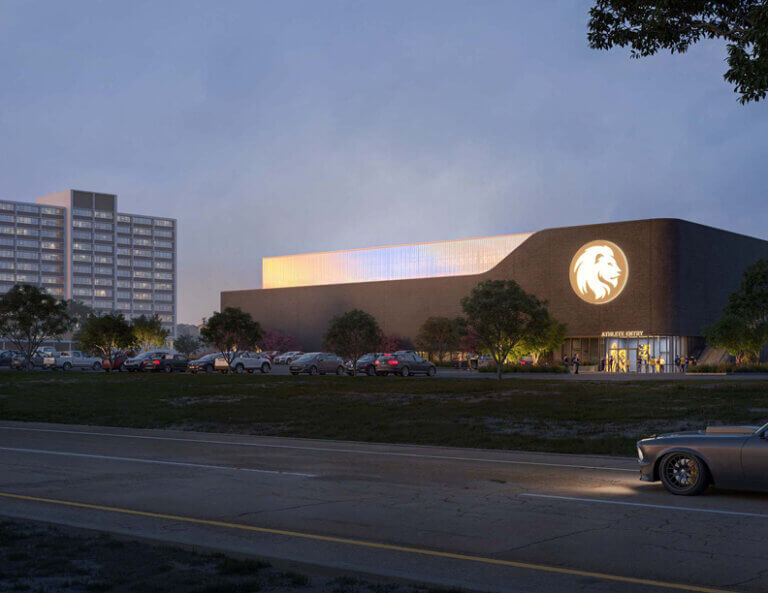
This article originally appeared on Healthcare Construction + Operations News.
BIRMINGHAM, Ala.—Hoar Construction announced recently it is celebrating the 30th anniversary of the firm’s dedicated healthcare services, honoring its long-term success and industry impact over the past three decades after a challenging yet fruitful year in 2020 that resulted in over $150 million in total revenue.
As the firm’s healthcare services marks its 30th anniversary, Hoar Construction is highlighting three healthcare construction trends to watch that will help shape the year ahead; their expert insights follow below in full:
Combatting Supply Chain Shortages
While COVID-19 has ravaged supply chains and put a damper on the delivery of materials to construction sites, creative strategies have been implemented to help navigate these new hurdles. Last year the cost of lumber skyrocketed after a surge in demand caused a number of delays and setbacks among commercial projects throughout the country, while the price of steel began climbing after the holidays. These price hikes and shortages will affect the commercial real estate industry for the foreseeable future, placing an increased emphasis on preplanning and preconstruction. Placing bulk material orders well ahead of groundbreaking and utilizing the right technology to track material prices and availability in real-time can help mitigate the impact of shortages and delays that threaten to derail critical healthcare projects.
Hoar recently saw the benefits of preplanning and preconstruction to combat unforeseen challenges during its work for the Studer Family Children’s Hospital at Sacred Heart in Pensacola, Florida. The project teams lost 137 days due to hurricanes and 14 feet of heavy rain, but still managed to top out two months early due to the use of preplanning with 3D modeling and prefabrication on MEP racks, storm piping, doors and headwalls. Utilizing advanced technology and modular construction allowed Hoar to get the job done faster than originally planned, despite operating under less than ideal conditions.
Evolution of Modular Construction
The use of modular construction has become more prevalent throughout the past year as the need for creative workarounds rises on job sites that may be constrained by local health regulations and limited labor availability. Prefabrication is a practice that Hoar is very familiar with and believes will continue to be utilized by multiple sectors within the AEC industry. Even before the onset of the pandemic, modular construction was starting to pick up in popularity among clients due to its ability to mitigate new challenges spurred by the pandemic.
Recent projects in which Hoar has implemented these practices include the upcoming construction of the fourth bed tower at Dell Children’s Medical Center in Austin, Texas. After onboarding key trade partners early, Hoar’s team identified several opportunities for prefabrication, including exterior wall panels, MEP racks, headwalls and bathroom pods before construction began. Typically, the estimated schedule from the time concrete is complete until the building is dried-in takes 4-5 months. By prefabricating exterior wall panels in advance and installing on-site, the team anticipates the new bed tower will be dried-in in approximately 20 days. Not only is time eliminated from the schedule, but the time the building would be exposed and vulnerable to weather is significantly less. Hoar anticipates continued innovation in modular strategies throughout 2021.
Advancements in Technology
Even with the economic slowdown in 2020, technology continues to evolve and provide new solutions to existing problems on construction sites. While construction companies have been forced to learn how to communicate and work together virtually since the implementation of social distancing, some of these methods will remain permanent after the pandemic subsides. Hoar’s healthcare team has utilized three virtual inspections through Microsoft Teams over the past year, which have proven to be just as efficient and easy to review and pass on material as an in-person inspection. The firm believes these virtual inspections will continue in the future, especially as inspectors become overloaded and seek more flexible and efficient methods to complete inspections while saving time and money on travel. Building Information Modeling (BIM) is another technological advancement that will rise in usage over the next few years as it continues to be an essential part of quality control for the entire construction process. Using these types of 3D models in addition to 2D models improves both the planning and communication efforts with trade partners while ensuring schedules remain on track.
As Hoar heads into this year, these three industry trends will be paramount as developers, architects and general contractors continue to adjust to a new playing field that presents both short- and long-term challenges. The world of construction evolves quickly, and the past year of adapting to unforeseen circumstances has helped birth new strategies and techniques that will benefit the entire industry.

